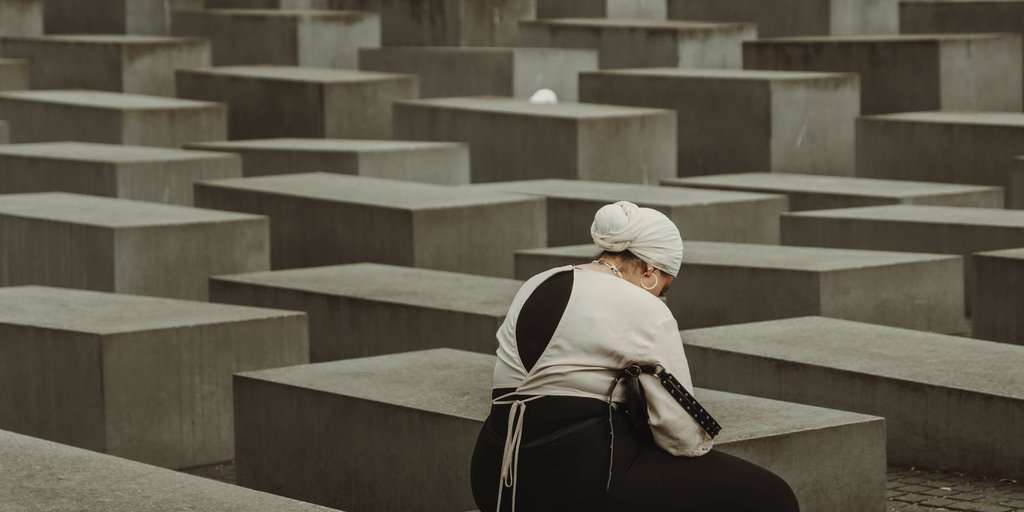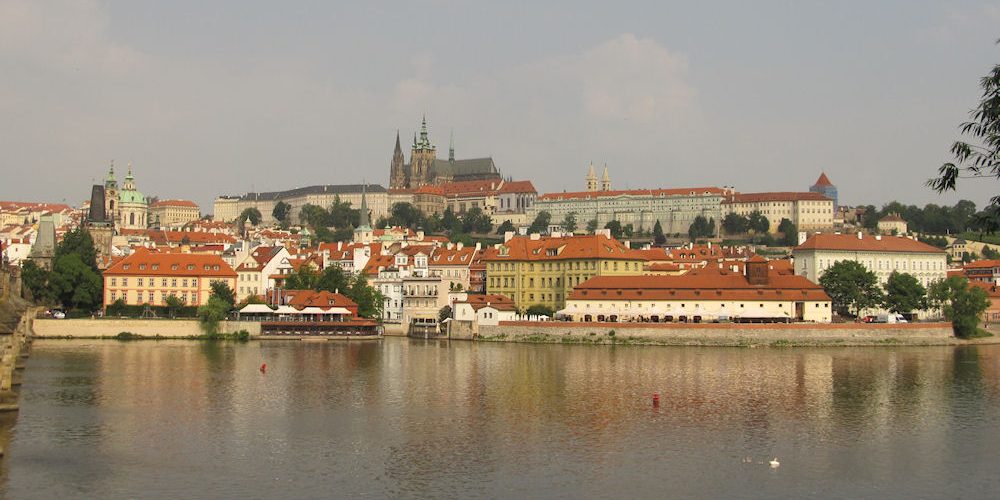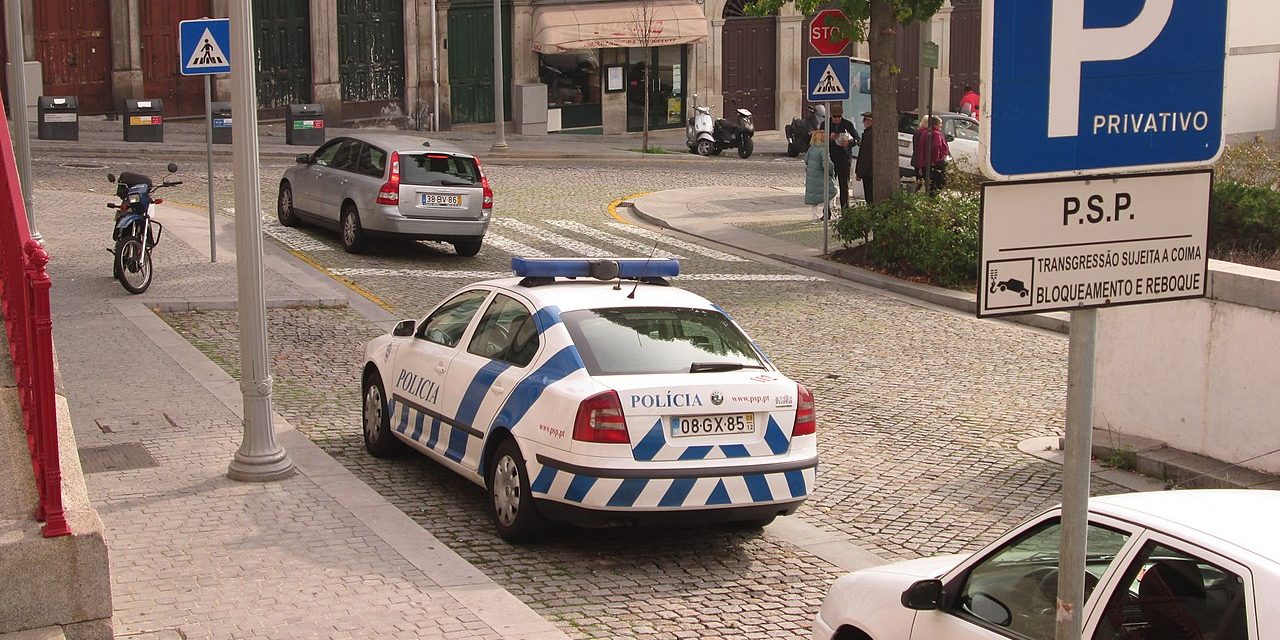Header Image Attribution: "Woman at Holocaust Memorial" by Ann Buht is licensed by PexelsThis post contains affiliate links. Our Extraordinary Planet may be compensated for any purchases you make.In the quest for a more compassionate and informed world, the adage holds true: the most crucial lesson history imparts is the imperative to avoid its repetition. To achieve this, understanding history is paramount, and an impactful way to commence or deepen this educational journey is through a visit to the Holocaust Museum of Oporto.
By exploring this institution, one not only delves into the harrowing history of the Holocaust but also contributes to the collective commitment to preventing its recurrence. This introduction sets the stage for an enlightening exploration of the Holocaust Museum of Oporto, a significant educational resource dedicated to fostering awareness, understanding, and a resolute refusal to let history repeat itself.
Why Visit the Holocaust Museum of Oporto?
Established in 2021 by dedicated members of the Jewish community in Oporto, the Holocaust Museum of Oporto stands as a poignant testament to the commitment of preserving history and fostering awareness. Within its walls, the museum delves into diverse themes surrounding the Holocaust, offering profound insights into the expansion of Nazism in Europe and the myriad indignities endured by European Jews during this dark period.
Numerous individuals involved in running the museum bear the heavy legacy of family members who fell victim to the Holocaust. One such poignant example is Deborah Walfrid, whose grandparents suffered unimaginable atrocities in Poland. Their harrowing ordeal included shaving and tattooing of identification numbers, all while being subjected to the horrors of forced slave labor. These personal narratives underscore the museum’s commitment to ensuring that the stories of those who suffered are not only remembered but also serve as powerful lessons for generations to come.
The narratives shared within the Holocaust Museum of Oporto poignantly emphasize that no segment of the Jewish population was exempt from the horrors of the Holocaust, even among proud German patriots. In a stark and tragic twist, individuals who considered themselves integral to German society would find themselves accused of being unwanted aliens, subjected to persecution, and grievously harmed.
Miriam Assor, a distinguished Portuguese writer and journalist, eloquently captures the profound significance of the Holocaust Museum of Oporto. In her poignant reflection, she emphasizes her personal connection as the daughter of the rabbi who led the Jewish community of Lisbon for half a century. Born in a country that witnessed the expulsion of Jews five centuries ago and residing in a Europe where anti-Semitism persists, Assor finds a source of reassurance in the museum.
For her, it serves as a vital reminder that the solemn pledge of “Never again,” in the face of the meticulously planned genocide that claimed 6 million lives, must transcend mere rhetoric. The museum becomes a living testament, ensuring that this commitment endures and resonates in the collective consciousness, resisting reduction to a mere epigraph.
The Holocaust Museum of Oporto plays a pivotal role in local initiatives to combat anti-Semitism. Its impact extends beyond its physical space, with programs such as school visits to the synagogue, specialized courses for teachers, and screenings of historic films related to the Holocaust and Jewish history. In the future, it may be the single most important opponent of anti-Semitism in Porto.
What Is Displayed at the Holocaust Museum of Oporto?
The Holocaust Museum of Oporto offers a diverse range of displays, combining both permanent installations and temporary exhibits. This thoughtful curation allows for a dynamic and evolving experience for visitors from all across Europe. While the permanent exhibits provide a comprehensive understanding of the Holocaust, the temporary displays serve a specific purpose—commemorating significant dates, such as International Holocaust Remembrance Day on January 27.
The Holocaust Museum of Oporto serves as a powerful chronicle of Jewish life across decades, capturing the diverse facets of their experiences. It meticulously unfolds the narrative, offering glimpses into life before the Holocaust, the harrowing realities endured within ghettos, labor camps, and concentration camps. The museum provides a detailed account of the Final Solution, documenting the systematic atrocities that unfolded. Furthermore, it bears witness to the agonizing death marches and, ultimately, the profound moment of liberation.
The Holocaust Museum of Oporto meticulously recreates history through various exhibits. Among them is a reproduction of the Auschwitz barracks, providing visitors with a visceral sense of the conditions endured during that dark period. A room bears the names of those who tragically lost their lives in the Holocaust, ensuring their memory endures, while the Flame Memorial stands as a solemn tribute to the resilience of those affected.
The Holocaust Museum of Oporto consistently presents thought-provoking temporary exhibits, contributing to a nuanced understanding of the Holocaust. One such captivating display, “Were Neighbors: Collaboration and Complicity,” delved into the intricate choices made by individuals and institutions during this dark chapter in history. By exploring the complexities of collaboration and complicity, the exhibit shed light on the myriad factors that influenced people’s decisions and actions.
“The Holocaust Museum of Oporto consistently hosts compelling temporary exhibits that deepen the exploration of Nazi crimes. “”Not Subject to Oblivion,” developed by the Russian Historical Society and offered by the Embassy of the Russian Federation, was another important display. This exhibit drew from resources from the Russian Federal Archives and served as a powerful investigative tool to uncover the crimes committed by the Nazis.
Visit the Holocaust Museum of Oporto
Embark on a profound journey of remembrance and education by visiting the Holocaust Museum of Oporto. By stepping into this institution, you not only bear witness to the past but actively contribute to a collective commitment: to ensure that the lessons of history are preserved and the pledge of “Never again” echoes resolutely through the generations.



